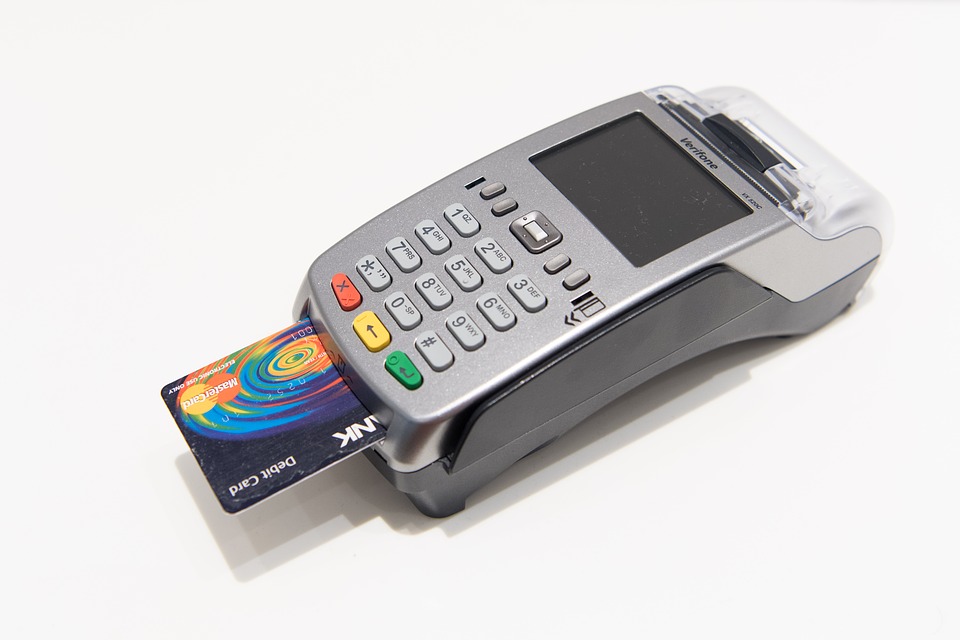The short answer is that an acquirer ensures you get paid. Basically, an acquirer serves as an intermediary that facilitates credit and debit card transactions and ensures merchants get paid what they are owed.
An acquirer is a bank or financial institution that process payments from specific debit or credit card brands. Often, an acquirer is a member of a card association, such as MasterCard or Visa. Acquirers must follow the rules and compliance requirements of any association it joins. Both Visa and MasterCard have their own rules.
The acquirer, which often is referred to as an acquiring bank or merchant acquirer, handles the financial part of the transaction, facilitating credit and debit card transaction on the behalves of the merchants in which they have entered into agreements. Typically, acquirers are usually the first and main contact for a merchant when it wants to start accepting and processing credit card payments.
Any merchant that wants to accept credit or debit cards needs to enter into a contract with an acquirer so that it can receive funds from the cardholder’s issuing bank. Also, whenever a merchant wants to add an online payment method, its acquirer will need to accept it. Some acquirers, such as First Data and Wells Fargo, process transactions and have a third-party process the payments. The only time an acquirer would not be necessary is if a business exclusively took payments through a payment aggregator, like PayPal, or a wallet, like Apple Pay.
During the payment process, the acquirer is the entity that authorizes card transactions and, then, links issuers on behalf of the merchant. It is the acquirer’s job to either reject or authorize based on the information it receives from the card network and issuer. Once the acquiring bank receives the payment authorization from the merchant, the acquirer sends it to the issuer to be approved. If the acquirer gets the green light from the issuer, the transaction is approved and the funds are deposited into the merchant’s account. An acquirer receives the batched transaction as the end of the day, and then, an amount equal to the deposits minus any applicable fees are deposited into the merchant’s account.
In addition to being an integral part of the credit card payment cycle, an acquiring bank also assists in ensuring sensitive customer information and chargeback prevention.
Most importantly, acquiring banks bear the risk and responsibility when processing debit and credit card transactions. An acquirer charges a number of fees, which is often a percentage of the merchant’s total sales, for its services and the risks it takes.
Acquirers also handle refunds and chargebacks. As part of a payment processing agreement, an acquirer gives what is similar to a line of credit to the merchant until a chargeback time limit expires. Since a merchant will require to pay a fee if a chargeback is initiated, an acquirer will hold merchant funds in a reserve, which is an “in-case” account. The reserve is used to cover the costs of refunds and excessive chargebacks accrued by the merchant. If this fund didn’t exist, the acquirer would be left to pay these fees and refunds.
Additionally, acquirers help keep things safe. Any time a payment is made online there is a very high risk of a sensitive information breach. To prevent breach of personal information, acquirers and other involved in the payment processing follow strict security standards, which are outlined in the Payment Card Industry Data Security Standard, to prevent fraud.


